One of Hollywood’s favourite buzzwords these days is ‘universe’. Peacock is currently making a new workplace comedy set in “the same universe as The Office”. So, our universe. The Office works because it is grounded in a very specific, very referential reality. The characters are caught up in modern trends. They dress and speak and act like us. And so this strange concept of a ‘The Office Universe’ crossed my mind when I heard of Amazon’s upcoming Mass Effect show.
Very little information on the Mass Effect show exists right now. Years ago, Henry Cavill might have sort of teased his involvement with an instagram post, and recently the show was reported to be in active development as the producers were revealed. We don’t know anything about it, other than that Amazon is making it, and that it’s based on Mass Effect. This has gotten many people, including my colleague James Troughton, drawing comparisons to Fallout. But I think that’s wrong.
Fallout Adapted The Universe
The Fallout TV show is set in ‘the Fallout universe’, but there it makes a bit more sense. There are five major Fallout games, all with different characters, set in different places, to a certain extent in different eras of the titular fallout. It is a roving narrative that has a canon, but no central storyline. And with so many choices, even within each individual game there is no true path to walk.
This is why a new character, from a new vault, with a new storyline, makes sense. Fallout takes us behind the scenes to some of the worldbuilding that has always been formative to the game’s lore but never explored, and feels like it could be Fallout 5. It’s a new entry in the Fallout series, because that makes sense for a franchise that is essentially episodic.
You could have picked a game (probably New Vegas) and told that story and have it be a strong like for like adaptation in the style of The Last of Us, but that feels like limiting yourself. Not just in the cynical sense of ‘we need to make six seasons to cash in’, but in that Fallout has always offered a vast (yes) universe of narrative potential, and the move into fresh media is the chance to explore that. This is not the case with Mass Effect.
Mass Effect Needs To Adapt The Game
Mass Effect is Shepard. That’s what the games are, and that’s why they matter. The trilogy is Shepard becoming the first human Spectre in less than auspicious circumstances, witnessing the impending destruction of the galaxy, and trying to convince everyone else that this is real and it will kill us all. And it manages to make these massive stakes seem personal, because Mass Effect is Shepard.
Throughout the series we recruit, assist, and then are saved by a variety of ragtag heroes who, for one reason or another, have been ousted from more traditional heroics and thus join Shepard on the outskirts of valour, only to then prove vital to the cause. It is an epic, swirling space opera that only works because of the human heart beating in the middle of its narrative chest.
The universe is wider than Shepard, sure. Aria T’Loak is a believable character even when she’s not around Shepard. Liara develops off screen between the first two games in ways that feel authentic. We never really deal with the fact that the drell and the hanar are forced to share a planet because of displacement. There’s the building of the Mass Effect relays, the First Contact War, and so many other adventures that happen before the Reapers or during the invasion that we never get to see. But they’re not Mass Effect. Shepard is.
Mass Effect Can Still Account For Choices
These stories might make up the fabric of the universe, but that universe is held together by a central story. When they adapted The Hunger Games from page to screen, they didn’t think “Oh everyone knows Katniss’ story, let’s see what District 5 were up to instead.” Because Katniss is The Hunger Games. Mass Effect is not an anthology of different adventures in space that leaves opportunity for a fresh figure to be implanted. It is a single human who witnesses the coming extinction and cannot get anyone else to listen until it is too late.
People will point to the fact Mass Effect is full of choices a TV adaptation couldn’t possibly honour, but Mass Effect is actually not a choice-based story. It’s a choice-based game, with plentiful decisions at each turn, and they feel impactful in the moment – that’s BioWare at its best, and lacking in The Veilguard. But the story is the story. It follows the same beats in the same order every single time. You might kiss someone new or say something mean instead of kind, but the story plays out the same.
Even choices of larger consequence, like what to do with the genophage, don’t really change the major events until their ending, which typically have a clear narrative choice with Shepard’s innate persona.
Even the ending, while a multiple choice, has never narratively been a choice. As I am sure will continue in Mass Effect 5 (are we sure we’re not going with Mass Effect 4 with Andromeda a Shepardless spin-off?), the canon ending must be Destroy. Shepard makes the heroic sacrifice that only they can make because only they would have gotten this far. You cannot live in harmony with creatures who exist entirely for mass extinction event perpetration.
There are expansive stories to tell in the Mass Effect universe, and I would love to see the games explore them one day. I even think the next game is making a mistake by staying with Shepard’s crew after their story is done. But the Mass Effect we have now, that is being adapted, is Shepard. Fallout is not one single person, it’s an apocalyptic state. It’s a universe, and so the adaptation tells the tale of this universe. Mass Effect is a person. The TV show should be their story.
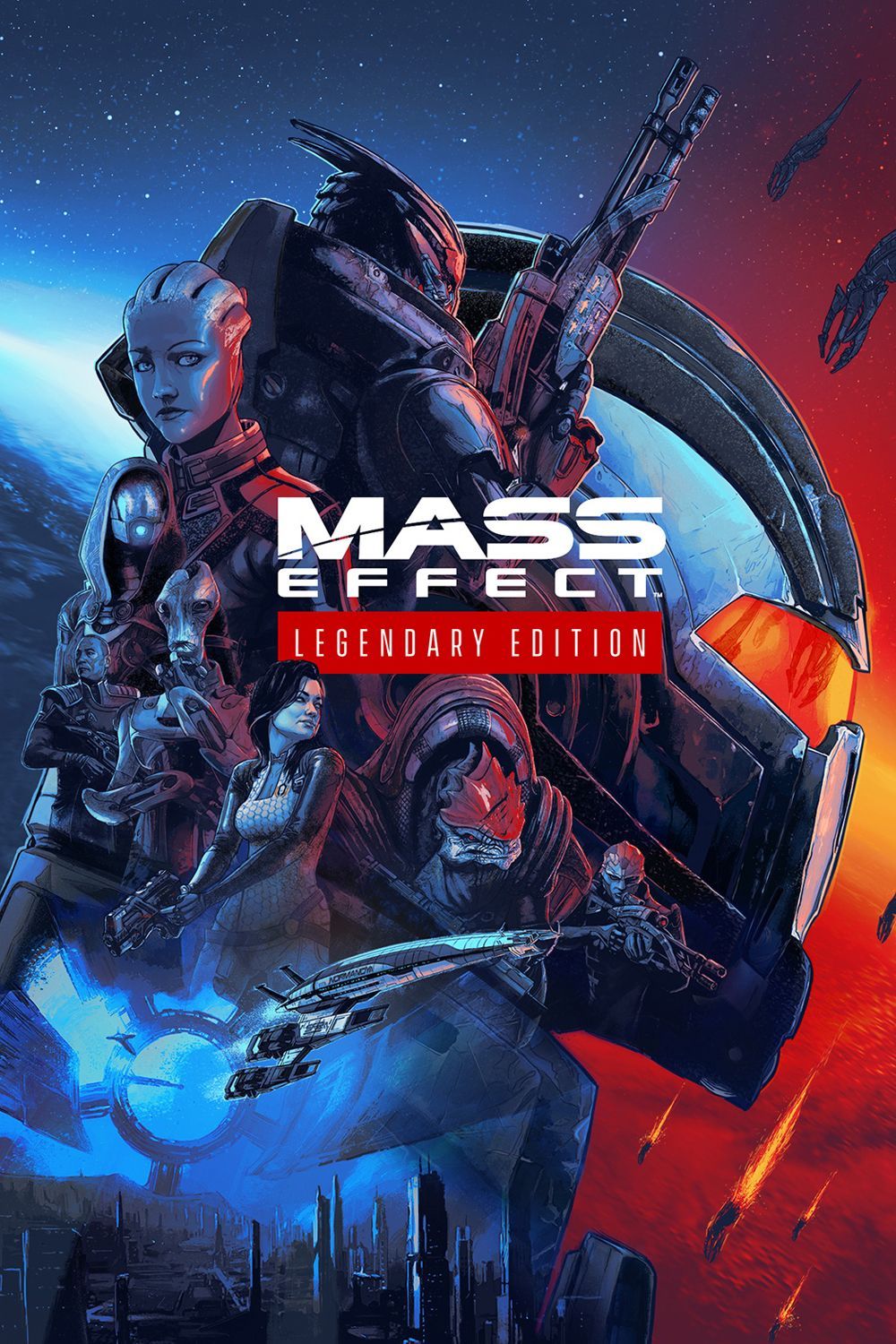
Mass Effect: Legendary Edition
-

OpenCritic
-
Top Critic Rating:
87/100
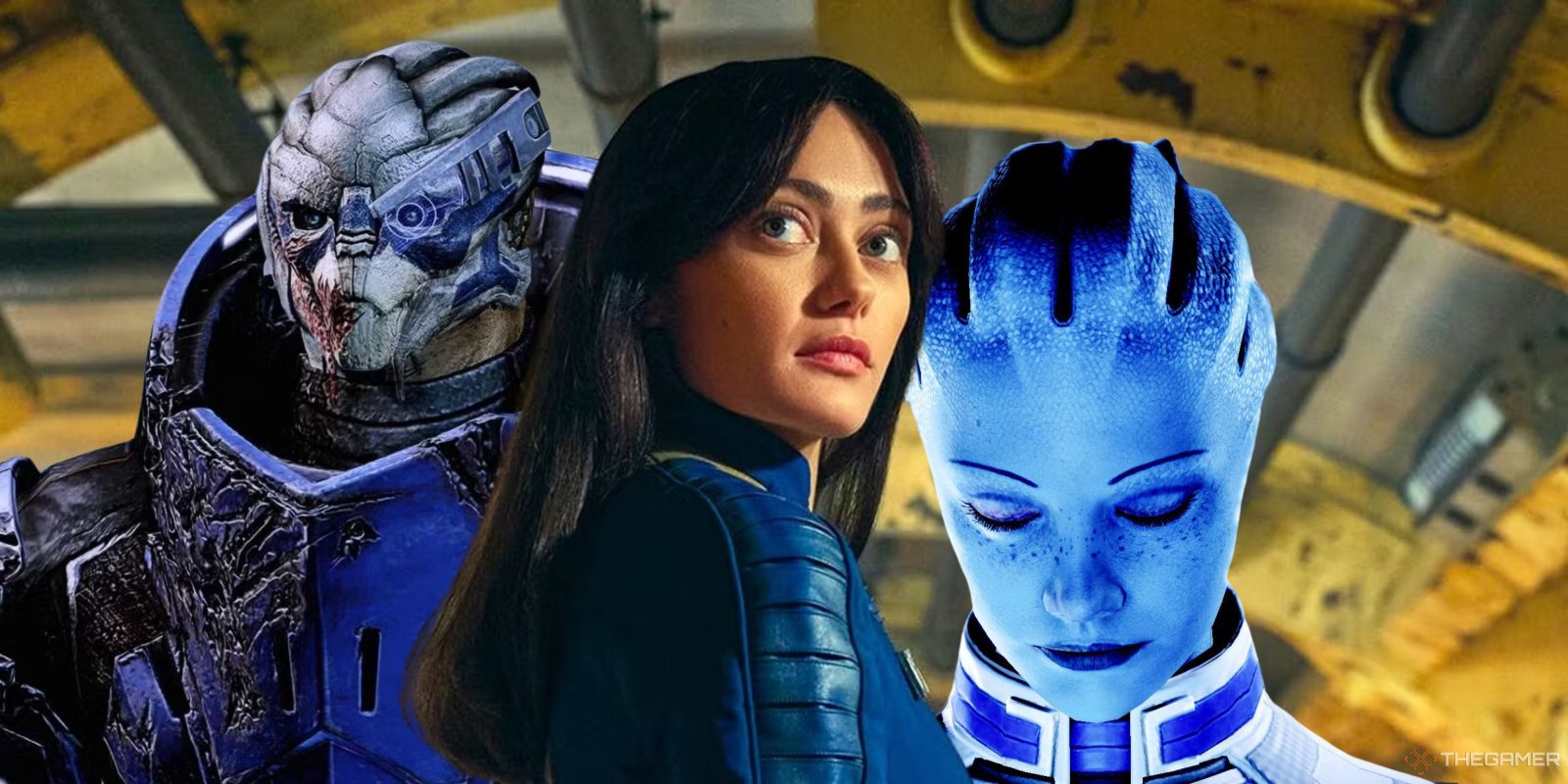
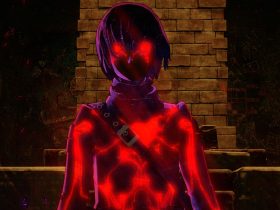
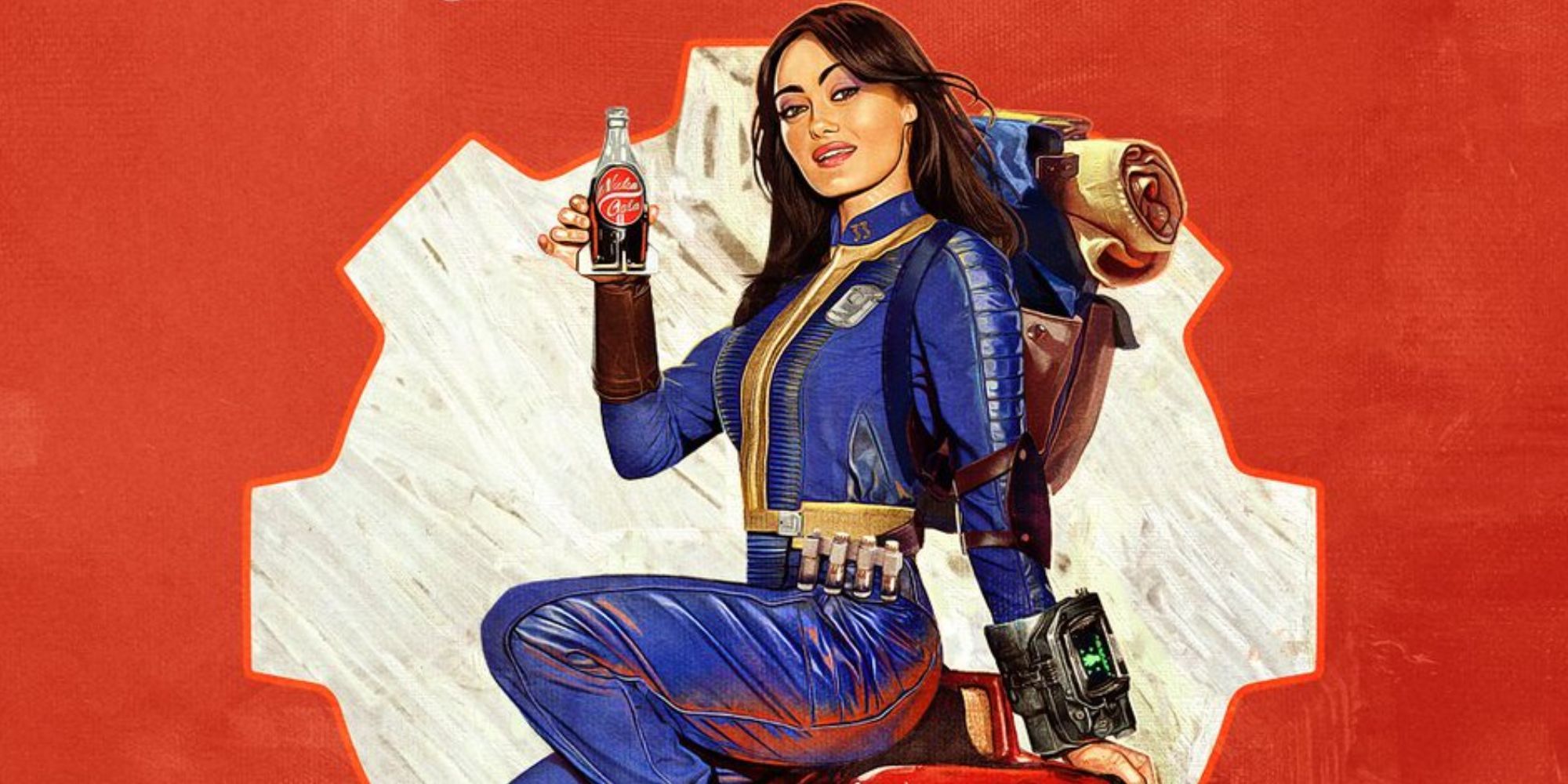
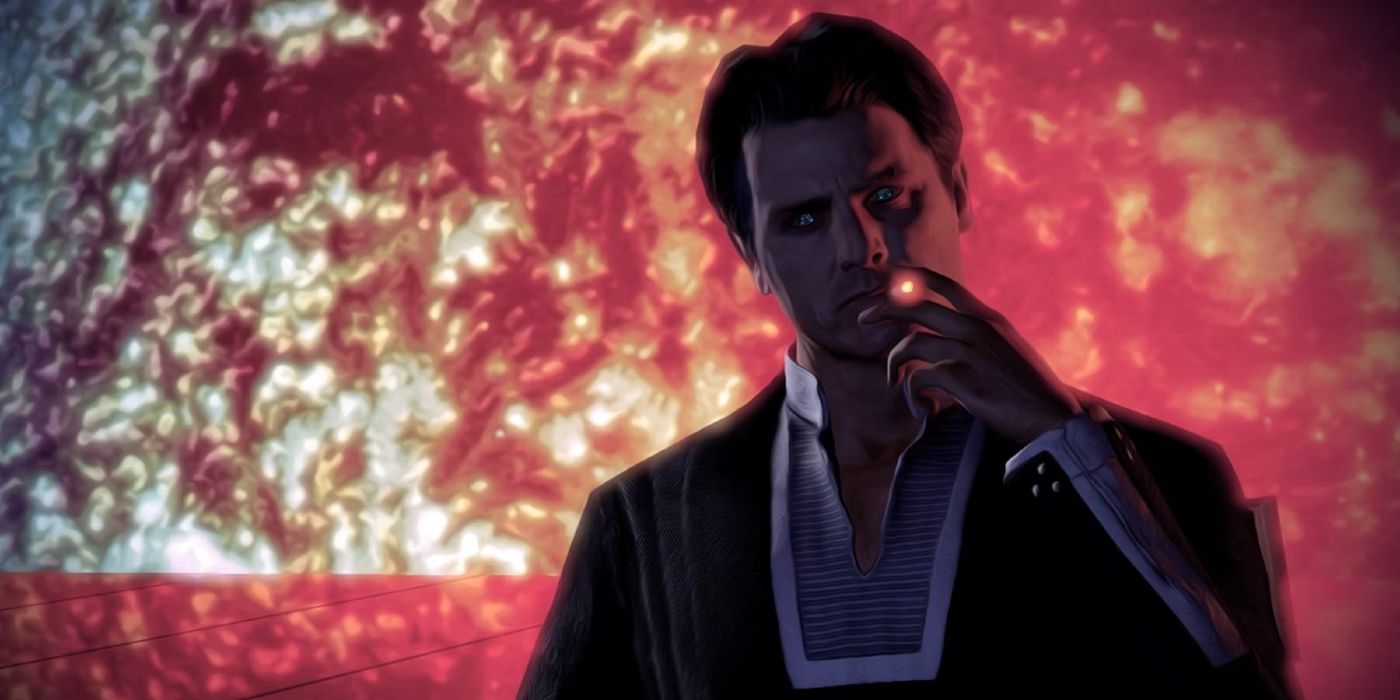
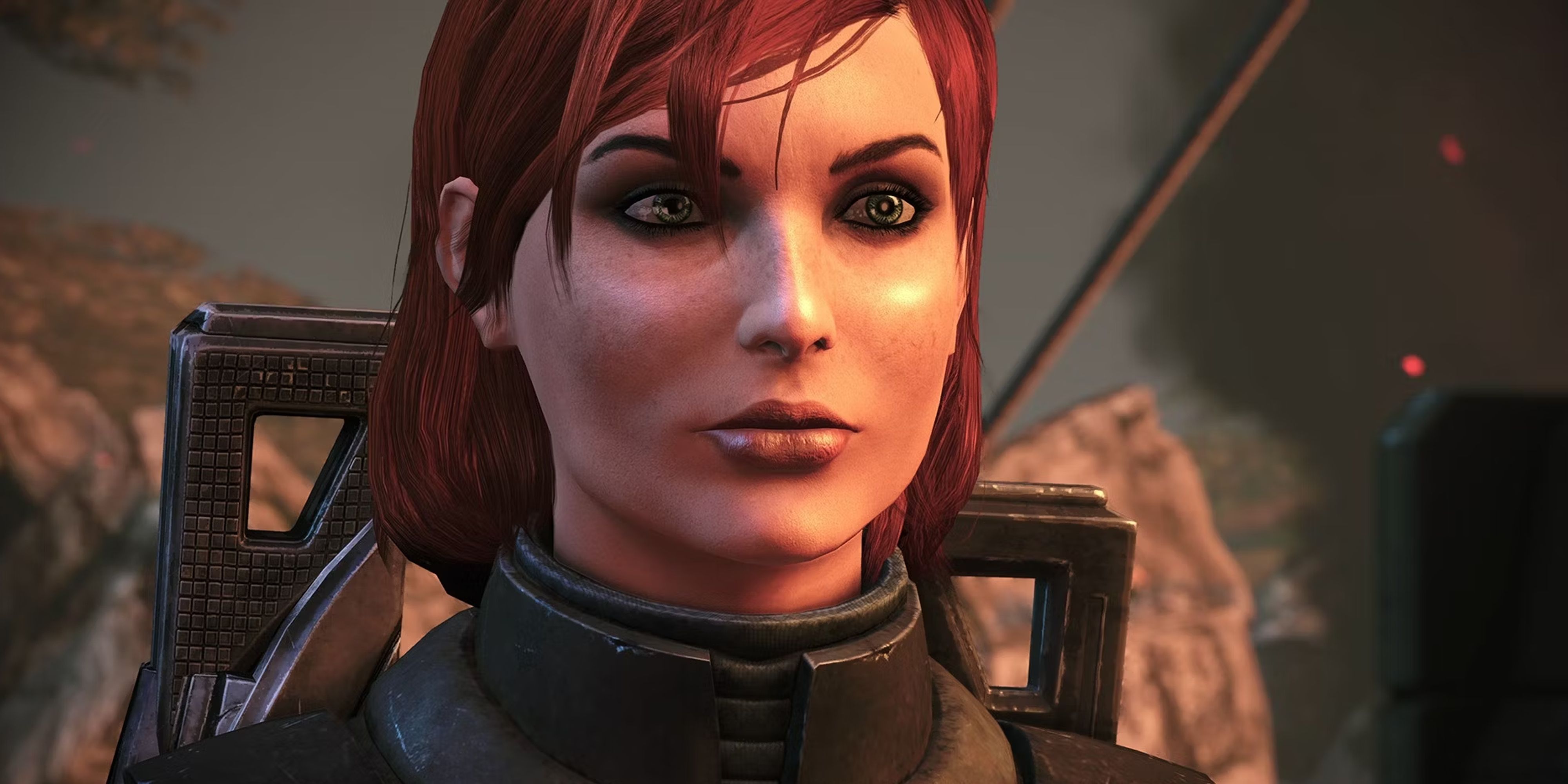



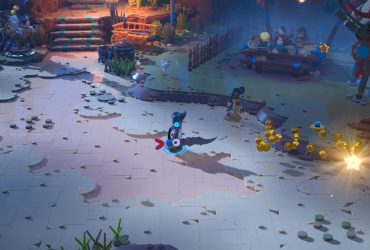
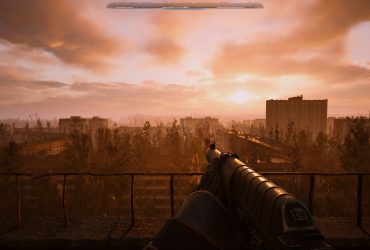
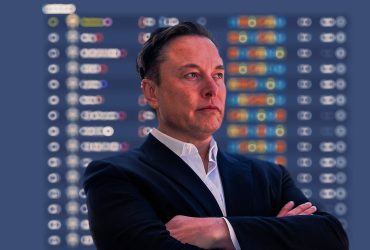
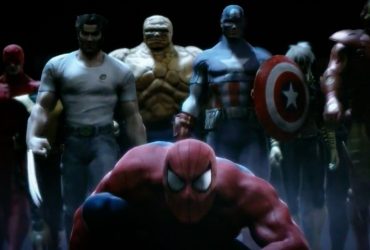
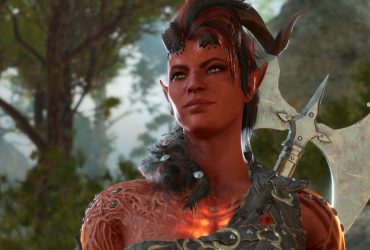

Leave a Reply